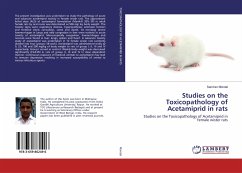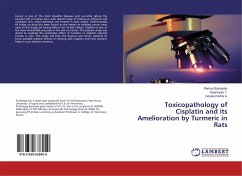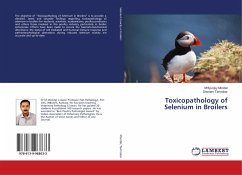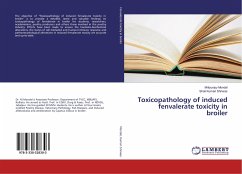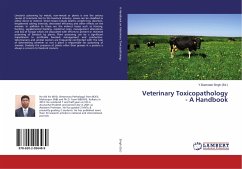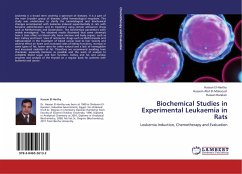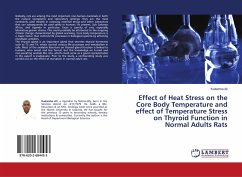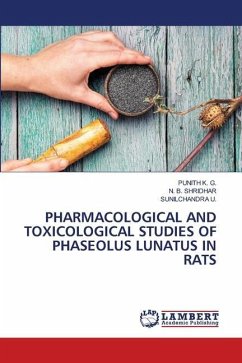The present investigation was undertaken to study the pathology of acute and subacute acetamiprid toxicity in female wistar rats. The approximate lethal dose (ALD) of acetamiprid formulation (Manik® 20% SP) in adult female rats by oral route was determined as 506 mg/ kg body weight. The toxicity signs were respiratory distress, hyperaesthesia, extensive tremors and terminal clonic convulsion, coma and death. At necropsy severe haemorrhages in lungs and mild congestion in liver were noticed in acute toxicity of acetamiprid. Microscopically congestion, haemorrhages and necrosis were found in liver, lungs, spleen and heart. A subacute toxicity study of acetamiprid was undertaken in 72 female wistar rats randomly divided into four groups (18 each). Acetamiprid was administered orally @ 0, 25, 100 and 200 mg/kg of body weight to rats of group I, II, III and IV respectively. Group I served as control. Weekly body weight was decreased significantly (P_0.05) in rats of group II, III and IV in dose dependent manner. Continuous exposure of livestock animals to acetamiprid may lead to immune depression resulting in increased susceptibility of animal to various infectious agents.
Bitte wählen Sie Ihr Anliegen aus.
Rechnungen
Retourenschein anfordern
Bestellstatus
Storno

